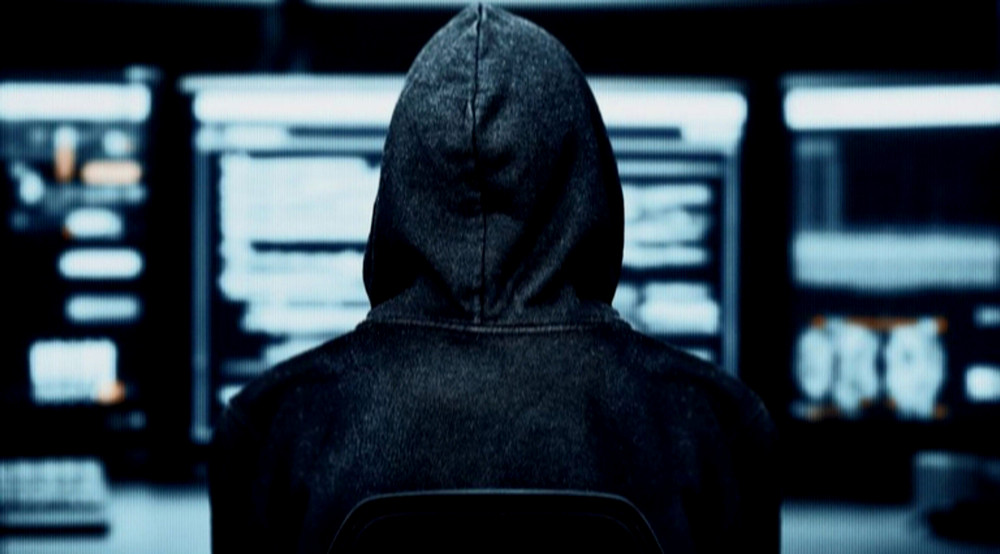In Hanoi, 65 nations have signed a new UN agreement regarding cybercrime, which includes data sharing and extradition of suspects. This document will come into force after ratification by 40 countries. This is reported by Nikkei Asia.
The Convention mandates that countries criminalize ten types of offenses, ranging from hacking to data forgery, and provide evidence, including electronic correspondence, upon request from other nations. According to UN Secretary-General António Guterres, support for this initiative is intended to create a "global collective response" to digital threats.
However, human rights organizations and technology firms warn that this treaty could become a tool for mass surveillance. Representatives of the Cybersecurity Tech Accord, which unites IT companies, stated that the document is too vague and allows governments to demand access to encrypted systems or force providers to share user data without their consent.
Concerns were also raised by Human Rights Watch, the Electronic Frontier Foundation, and 17 other organizations. They emphasize that the convention enables the exchange of personal data between countries outside specific investigations and without adequate safeguards for human rights.
The UN High Commissioner for Human Rights has called for clarifications on provisions related to searches and the seizure of digital data to prevent persecution based on political views or freedom of expression.
Vietnam's President Luong Quang, during the signing ceremony, referred to the fight against cybercrime as a "new war" that inflicts trillions in losses on the global economy. The convention also includes a section on assisting developing countries in enhancing their cybersecurity.
Nevertheless, human rights advocates criticize Vietnam's selection as the host country, citing the persecution of activists and bloggers. In a joint statement, they noted that even peaceful forms of protest or expression online could fall under the convention's scope.



